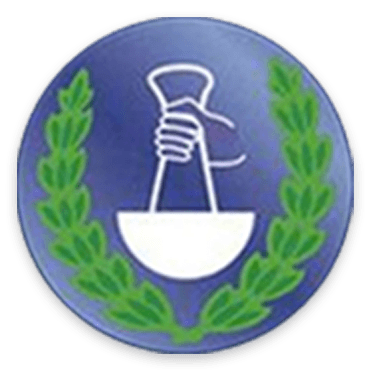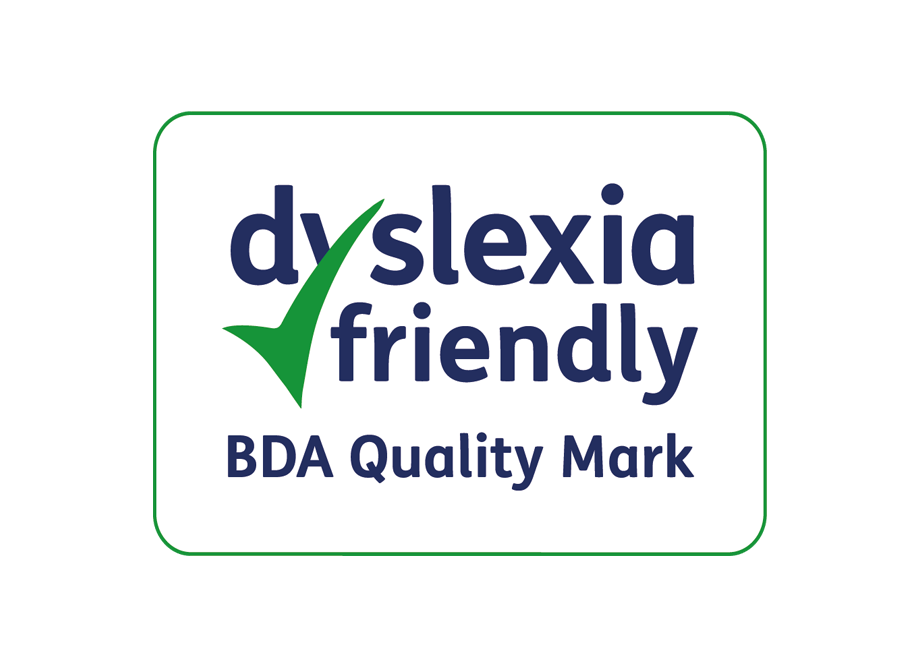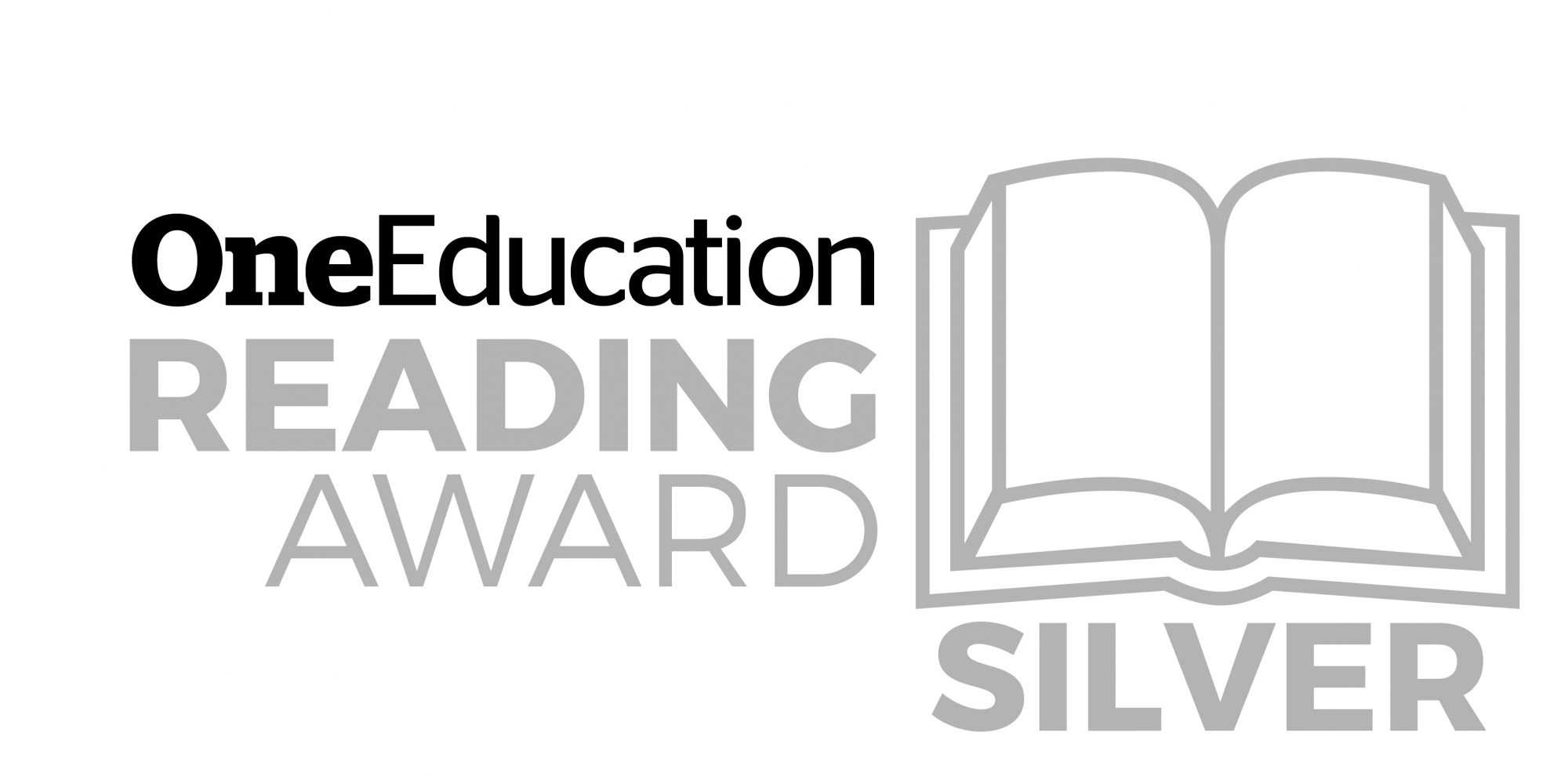PSHE
What is Personal, Social & Health Education (PSHE) Education?
PSHE is a planned programme of study that supports and enhances the learning and development of children and young people. The programme allows children to acquire the knowledge, understanding and skills they need to manage their lives, now and in the future. PSHE prepares our children to manage many of the critical situations and opportunities they will face while growing up. They learn how to deal with life challenges, face difficulties head-on and with resilience, and become responsible for their own actions and behaviour in a challenging and rapidly changing time. PSHE helps children to apply the knowledge and understanding learned in all subjects to practical, real-life situations while helping them feel safe and secure enough to fulfil their academic potential.
At St. Luke’s RC Primary School we want all children to successfully develop the qualities, skills and attributes they need to thrive as happy, well-rounded individuals, family members and members of society. We encourage our children to be true ‘LUKIES’, upholding the LUKIE values of being Loving, Unique, Kind, Inclusive, Empathetic and Striving. This links to our School mission to be God’s Disciples here on Earth, to do the best that we can do and be the best that we can be. Our Come and See, Jigsaw PSHE and TenTen programmes play a vital role in supporting positive development. We believe that everyone deserves to be happy and free from discrimination and bullying. Therefore Anti-Bullying, Well-being and Online Safety activities are embedded and developed across the curriculum. Teachers plan activities to promote diversity and equality.
PSHE Programme of Study: Intent, Implementation and Impact
Intent: What do we teach and why?
At Saint Luke’s Catholic Primary School, we support the children’s Personal, Social, Health and Emotional Development through the scheme of work Jigsaw PSHE.
Jigsaw PSHE is a comprehensive and completely original scheme of work for the whole primary school from the Foundation Stage through to Year 6. It brings together PSHE Education, emotional literacy, social skills and spiritual development in a comprehensive scheme of learning. It provides a mindful approach to PSHE which allows us to ensure that children have time to reflect, manage their behaviour and emotions, learn about relationships, develop respect for self and others, as well as how to keep themselves safe Jigsaw aims to help children know and value who they really are and how they relate to other people in this ever-changing world. They state their intent as follows:
“Jigsaw holds children at its heart, and its cohesive vision helps children understand and value how they fit into and contribute to the world.
With strong emphasis on emotional literacy, building resilience and nurturing mental and physical health, Jigsaw 3-11 properly equips schools to deliver engaging and relevant PSHE within a whole-school approach. Jigsaw lessons also include mindfulness allowing children to advance their emotional awareness, concentration and focus.”
Implementation: How and when is it taught and who teaches it?
At our school, we model positive relationships and communication skills with others in all our day-to-day interactions, as well as teaching skills explicitly in PSHE lessons and during circle time activities. We allocate 1 lesson (approx. 45mins to 1 hour) to PSHE each week in order to teach the PSHE knowledge and skills in a developmental and age-appropriate way. The lessons are taught by the class teacher or another substantive member of staff.
These explicit lessons are reinforced and enhanced in many ways:
- Assemblies and collective worship,
- praise and reward systems,
- Learning Charter,
- through relationships child to child, adult to child and adult to adult across the school.
We aim to ‘live’ what is learnt and apply it to everyday situations in the school community.
Jigsaw covers all areas of PSHE for the primary phase. The table below gives the learning theme of each of the four Puzzles (units) that we follow at St Luke’s and these are taught across the school; the learning deepens and broadens every year.
| Term | Puzzle (Unit) | Content |
| Autumn 1: | Being Me in My World | Includes understanding my own identity and how I
fit well into the class, school and global community. Jigsaw Charter established.
|
| Autumn 2: | Celebrating Difference | Includes anti-bullying (cyber and homophobic
bullying included) and understanding differences. |
| Spring 1: | Dreams and Goals | Includes goal-setting, aspirations, who I want to
become and what I would like to do for work and to contribute to society. |
| Spring 2: | Healthy Me | Includes drugs and alcohol education, self-esteem
and confidence as well as healthy lifestyle choices, sleep, nutrition, rest and exercise. |
SMSC (Spiritual, Moral, Social and Cultural) development opportunities are mapped throughout the Jigsaw lessons. All of these pieces of learning are brought together to form a cohesive picture, helping children to know and value who they are and understand how they relate to other people in the world.
For more information about what is taught and how, please see the attached documents on this page.
Please note that although the Jigsaw Scheme includes six ‘Puzzles’ (units), we follow the Diocesan approved ‘TenTen: Life to the Full’ scheme instead when teaching our Relationships & Sex Education. More information about this can be found on our RHE page on the website.
Impact: How will we evaluate what skills and knowledge the pupils have gained?
Children and staff will record the children’s work in PSHE in their ‘Jigsaw Journals’ which as passed up with them as they journey through school. We can see the impact of the programme mainly through the behaviours and attitudes of the pupils within school and in the wider world, and through their relationships with each other.





